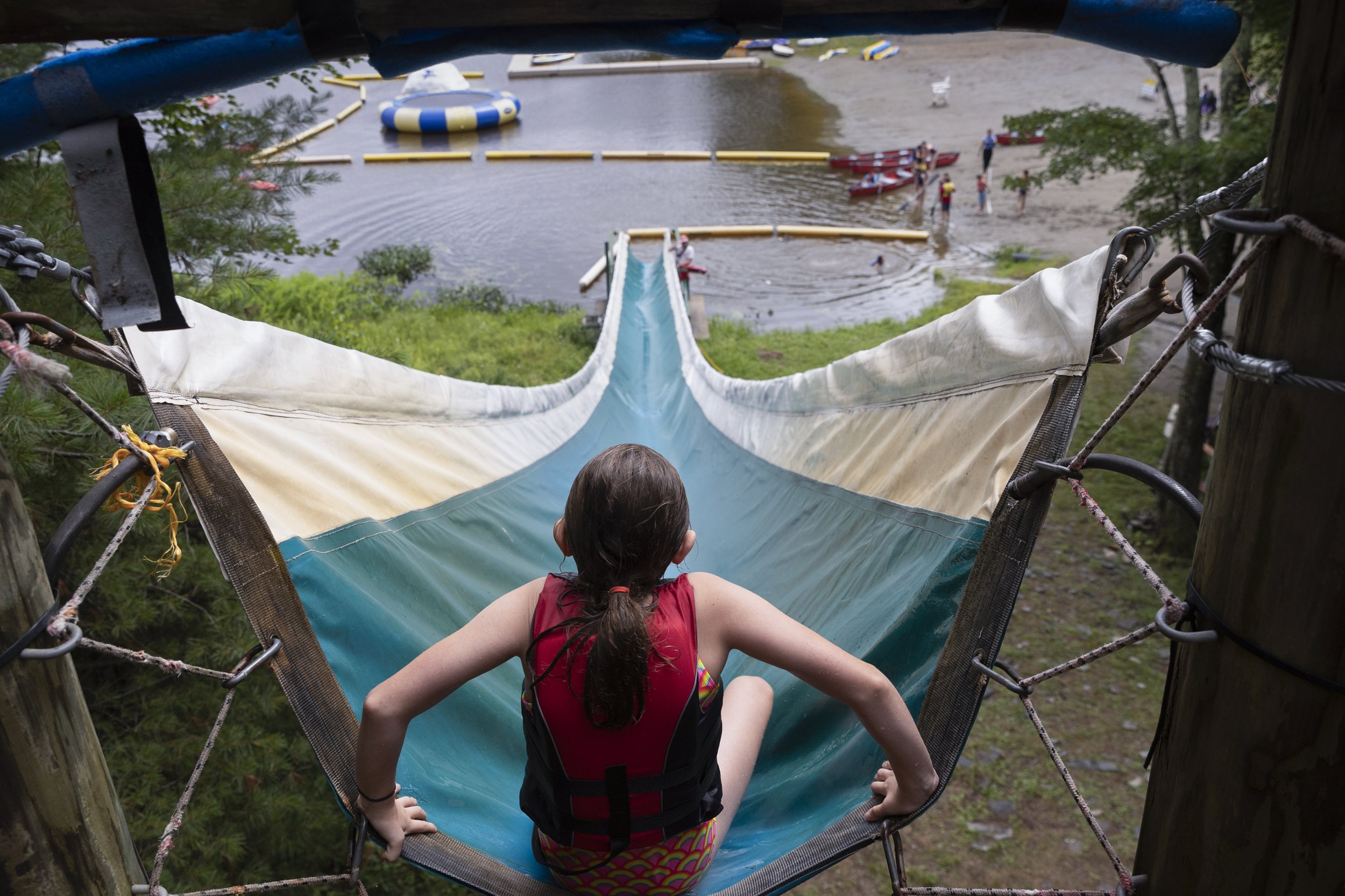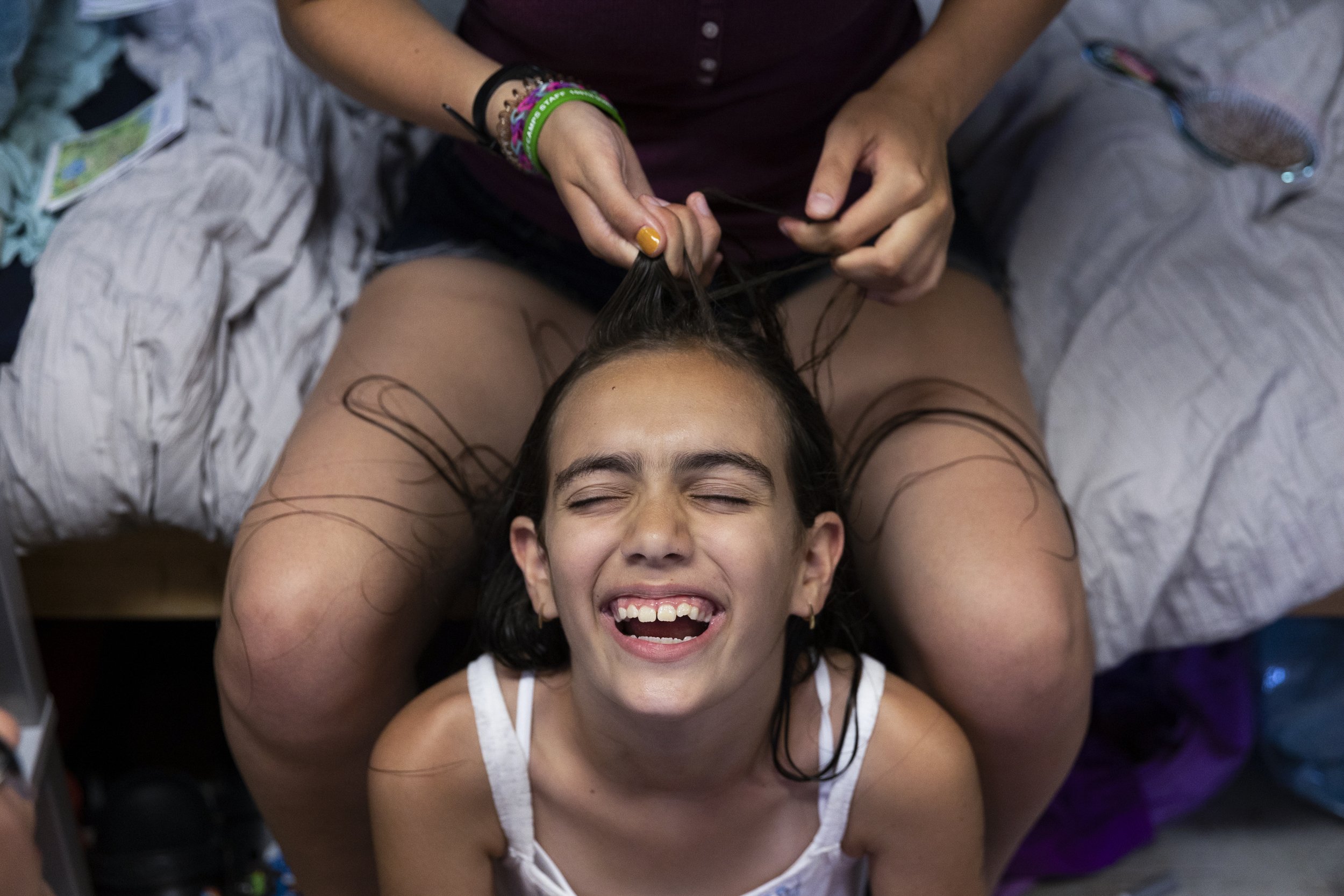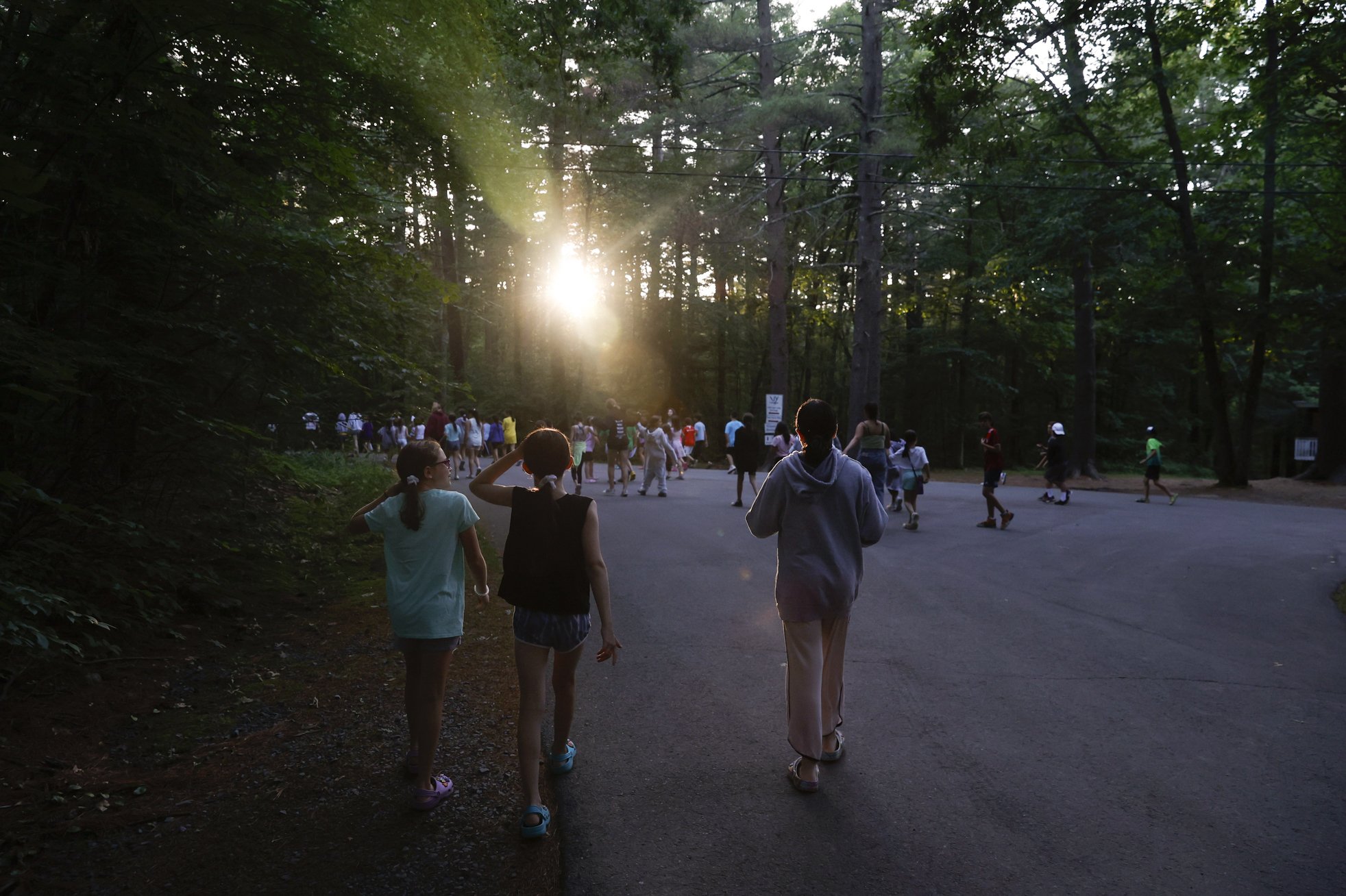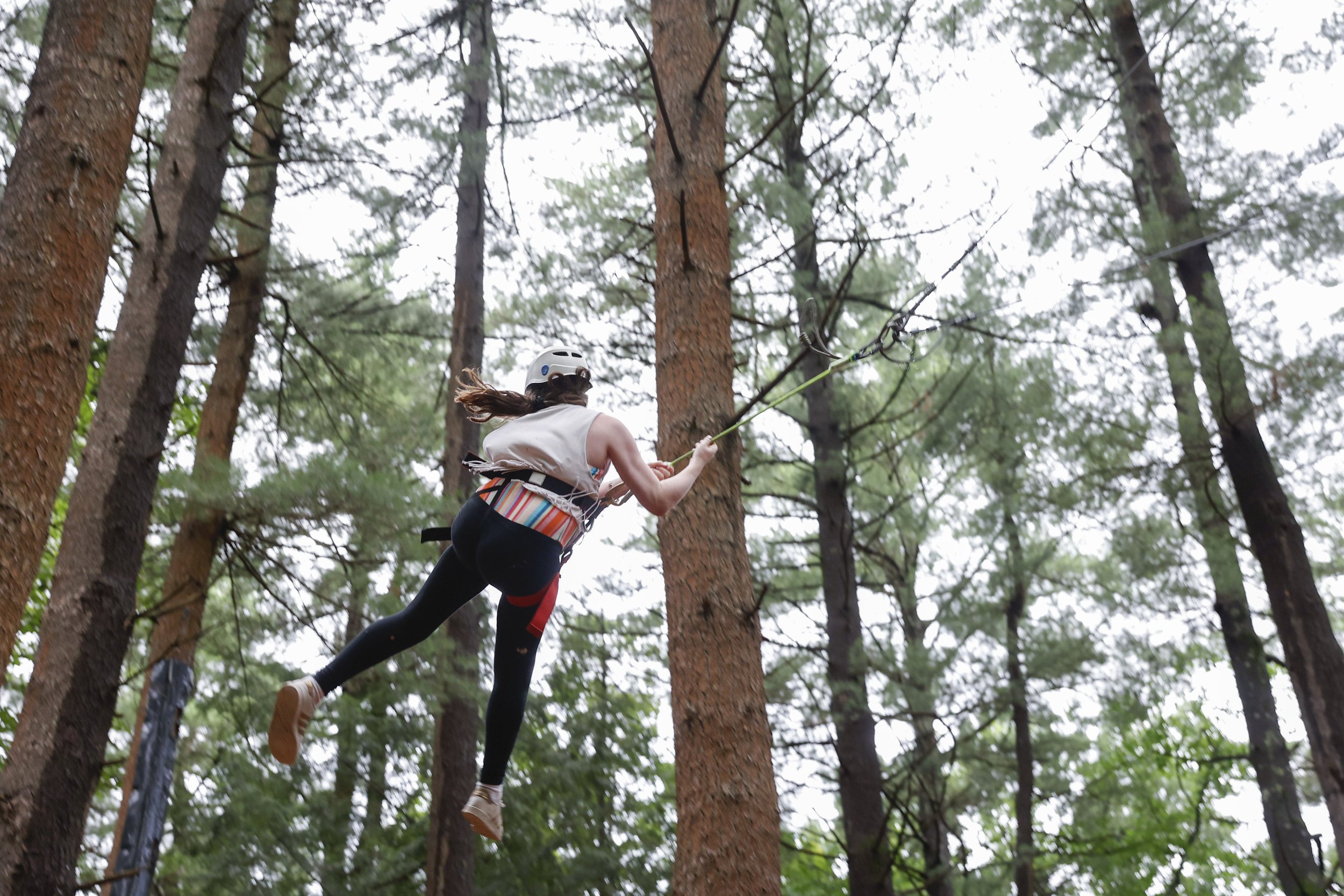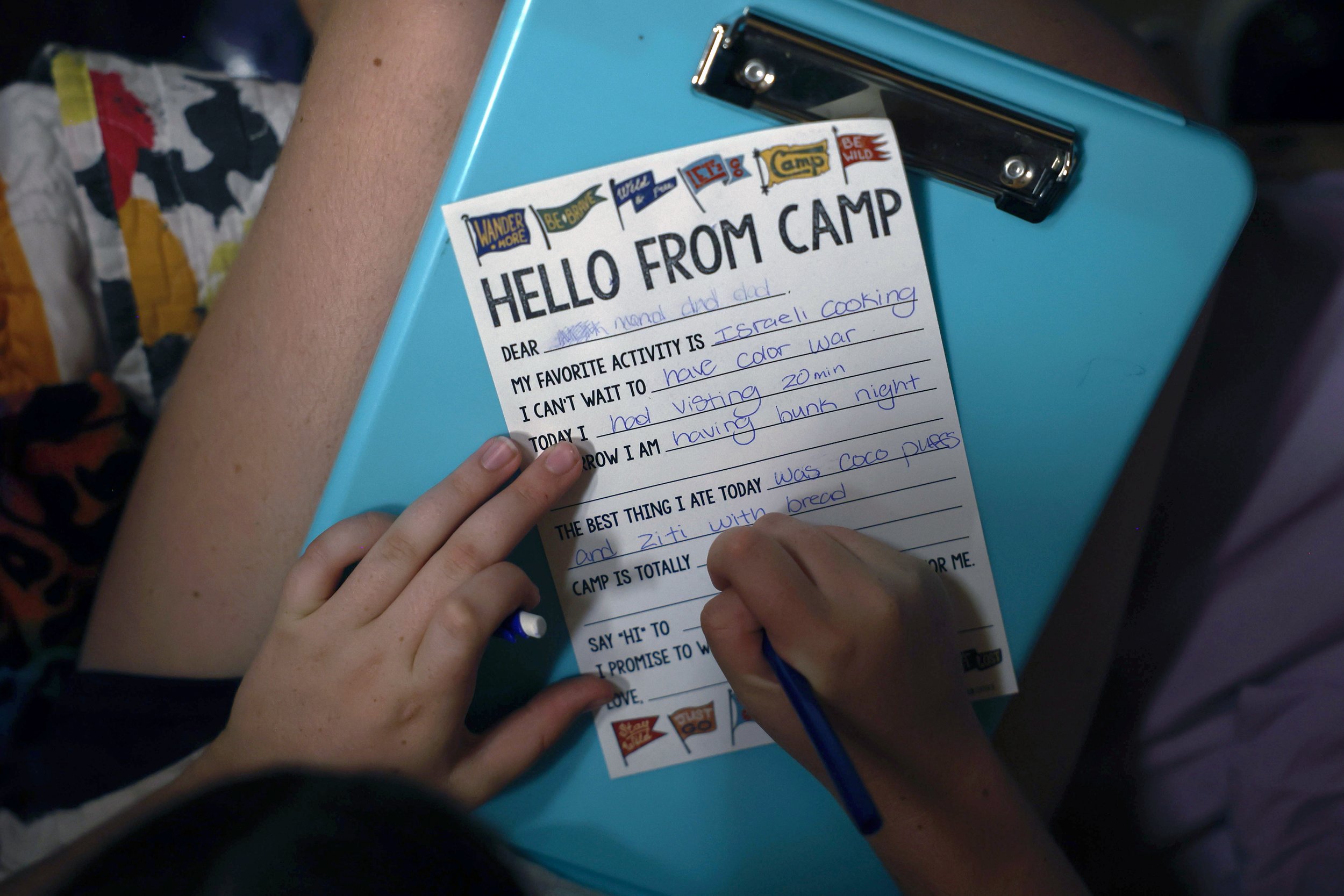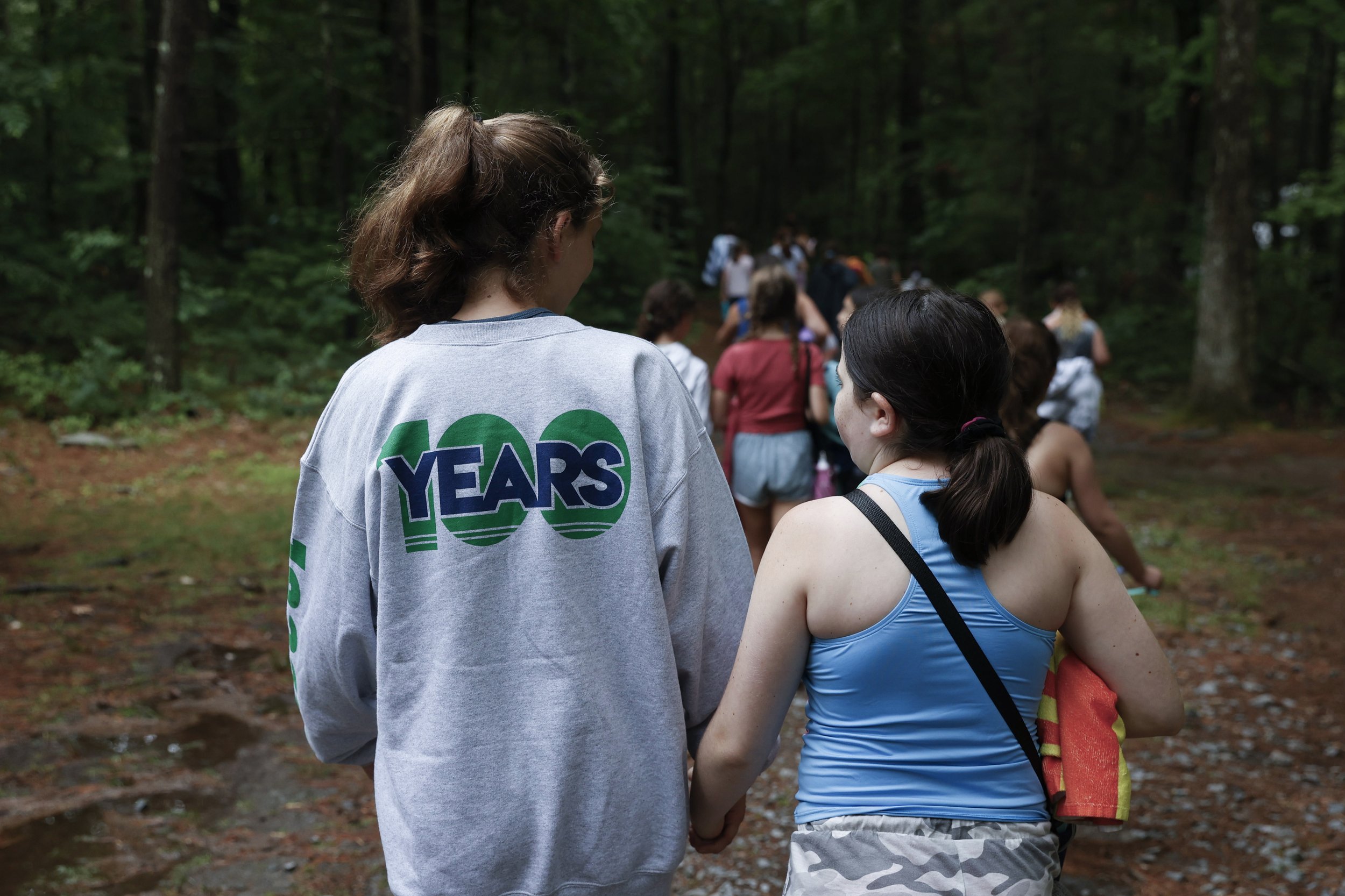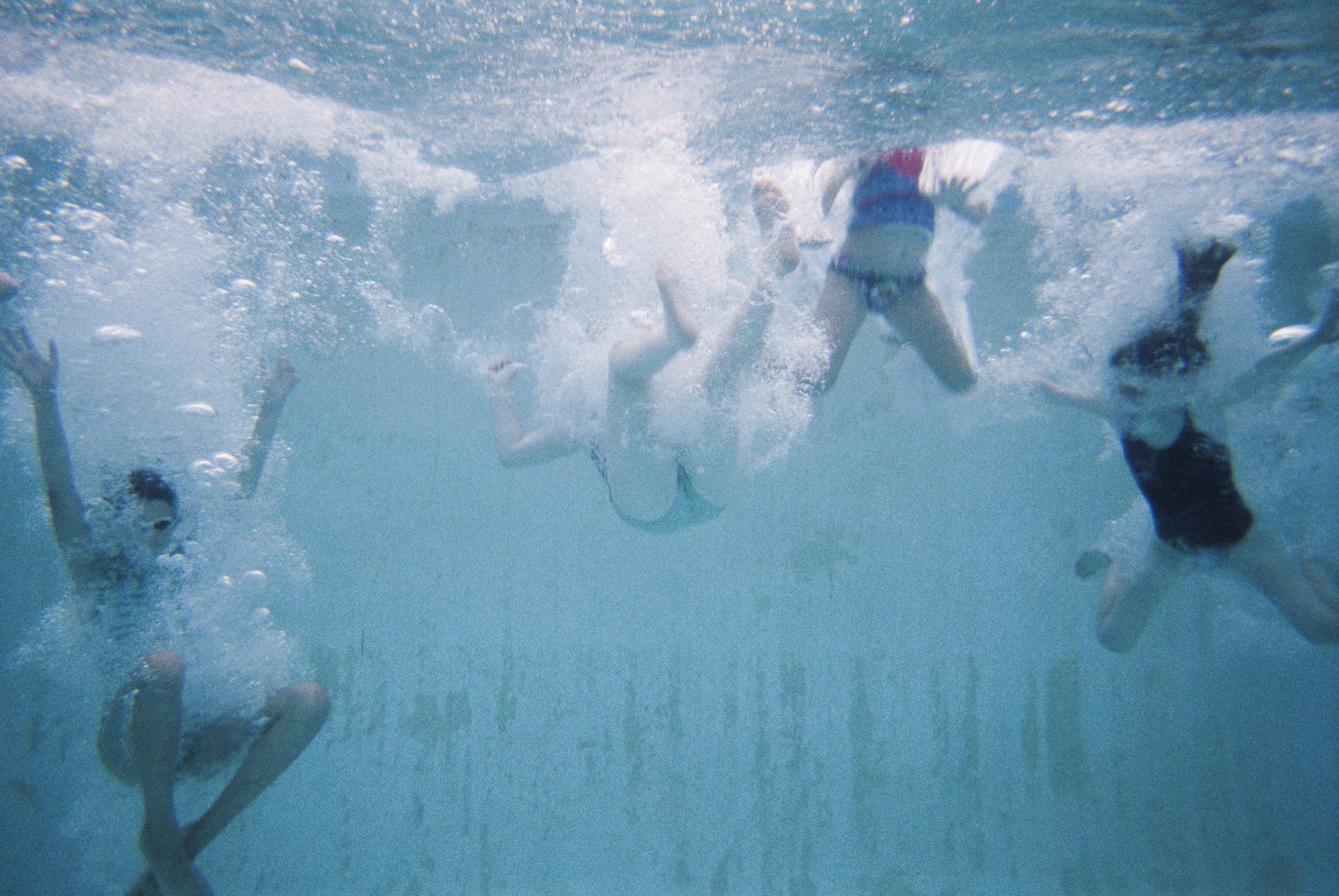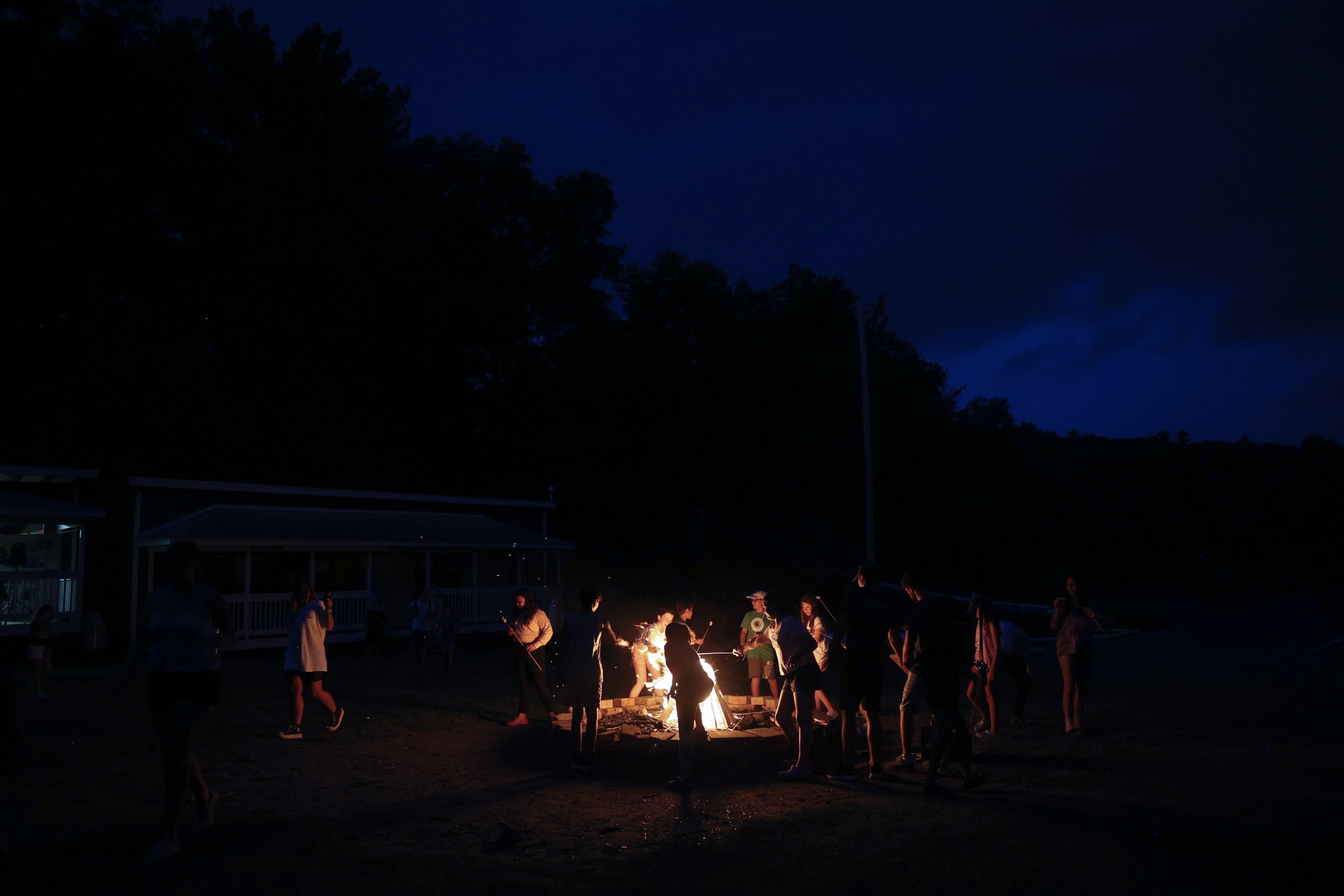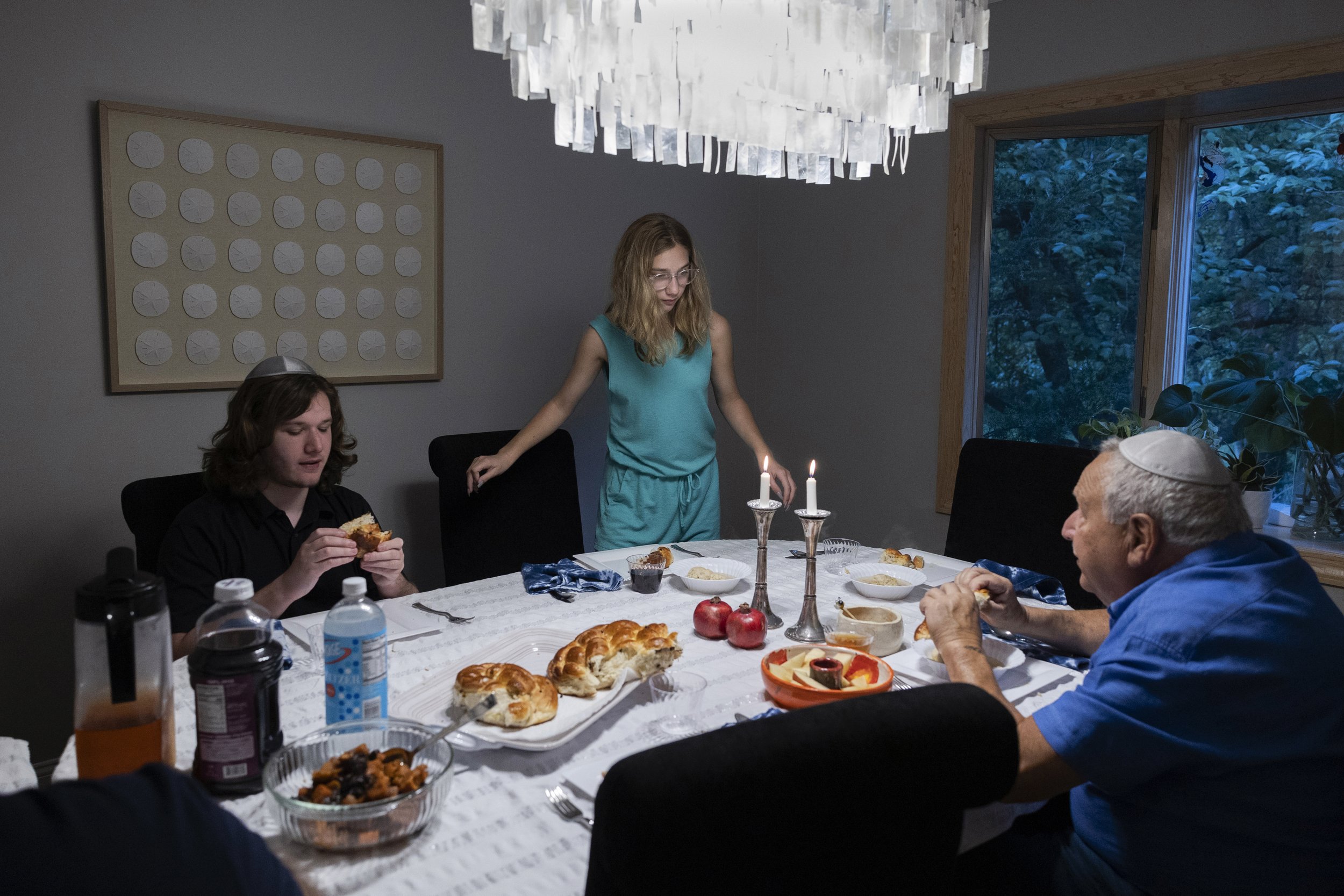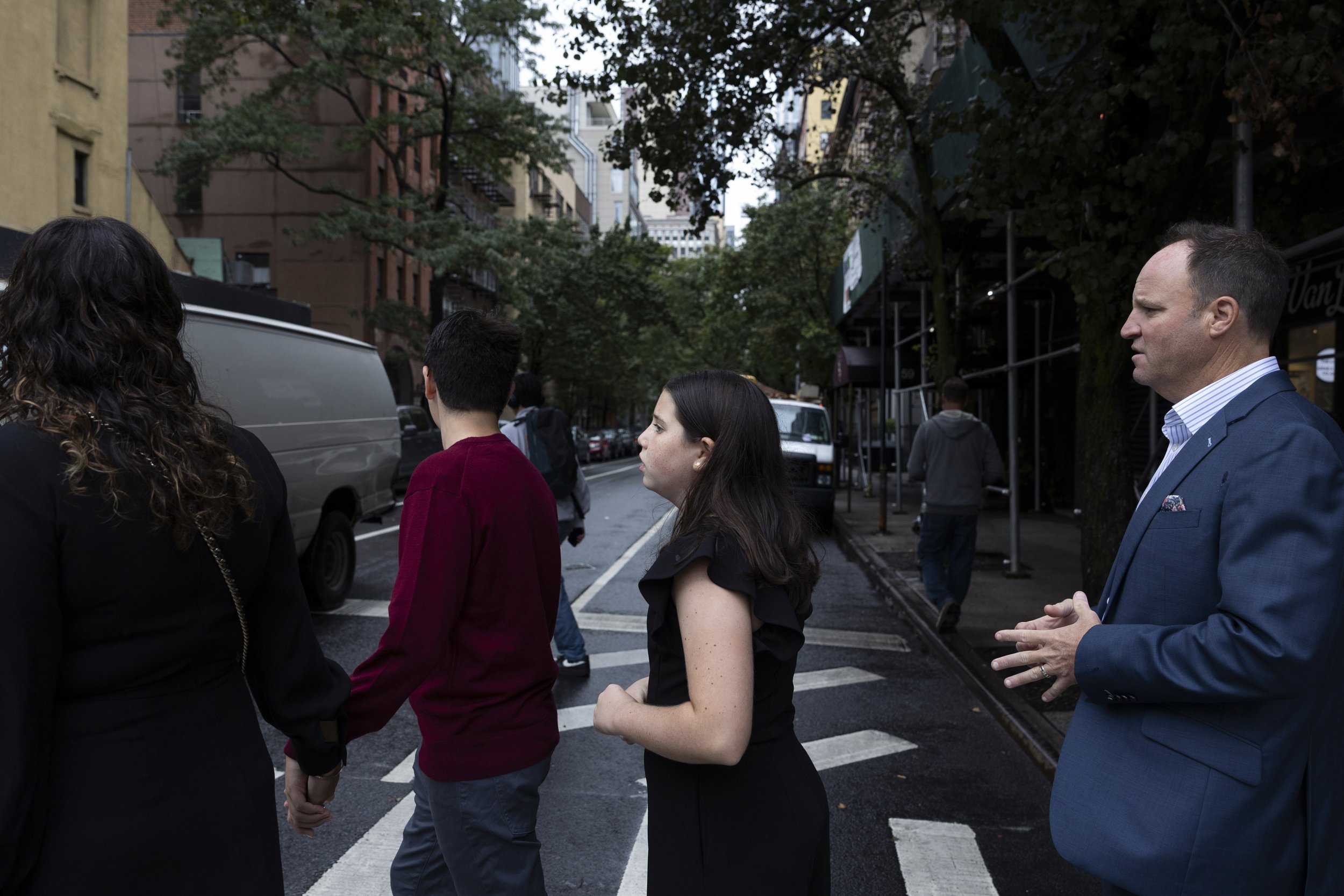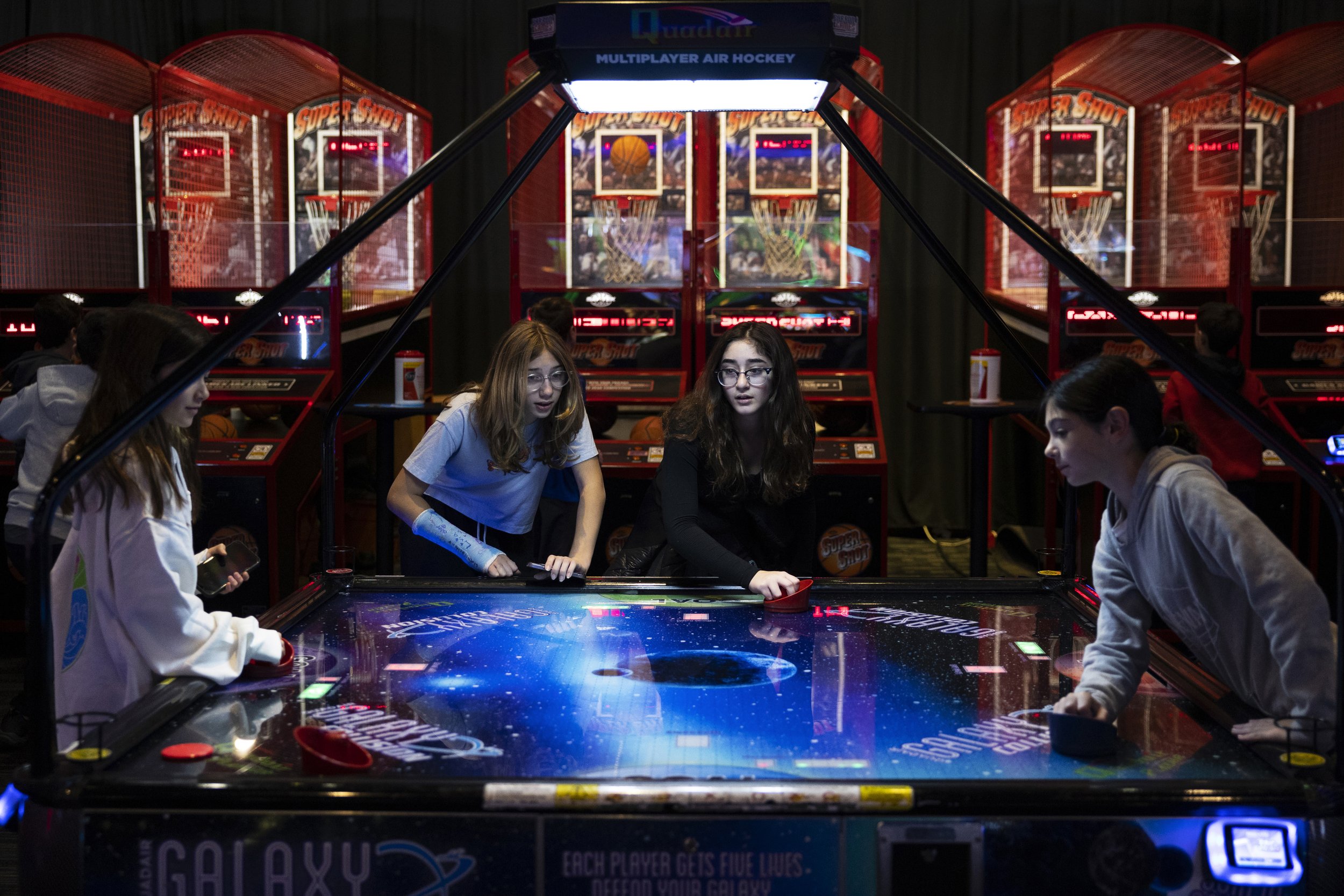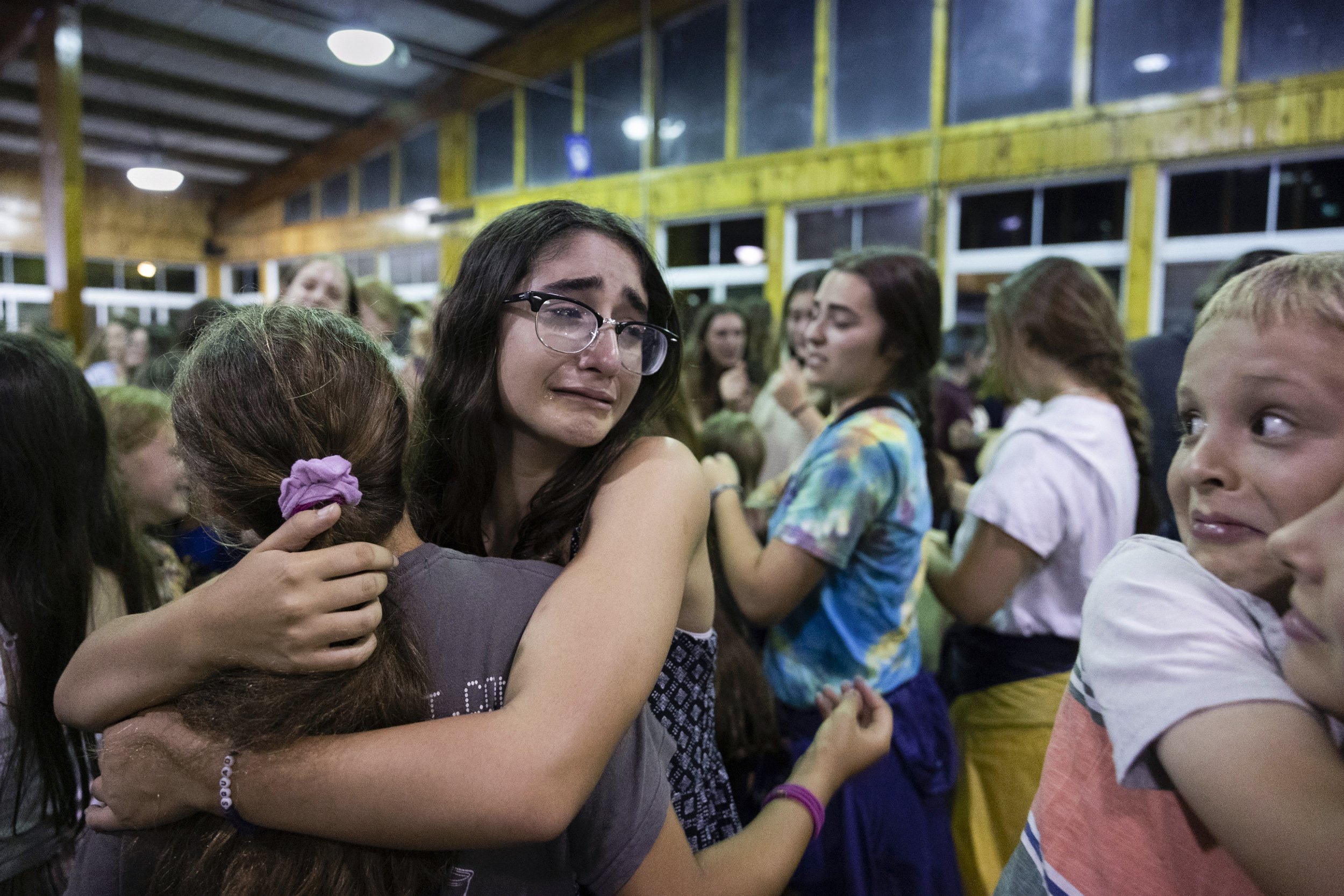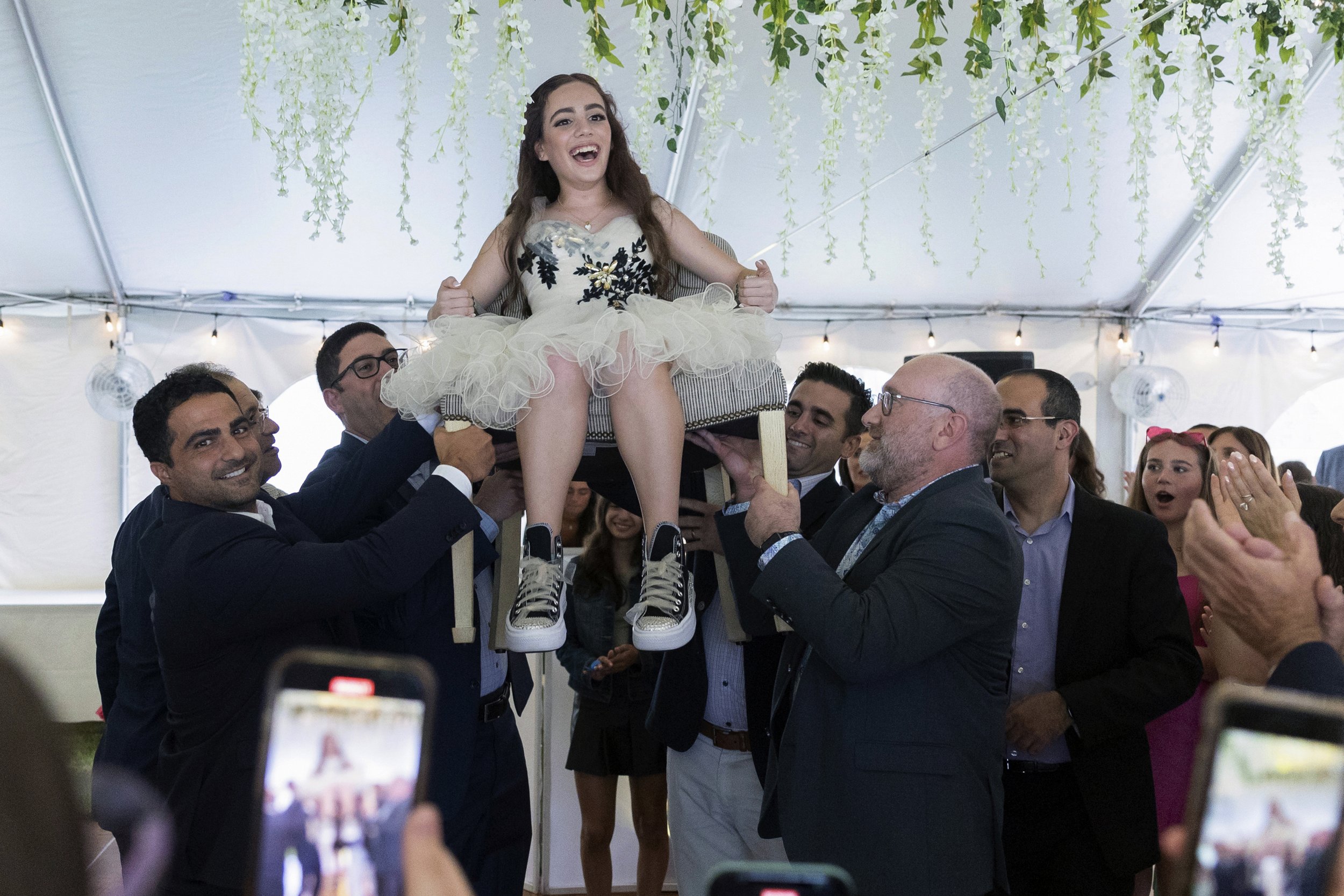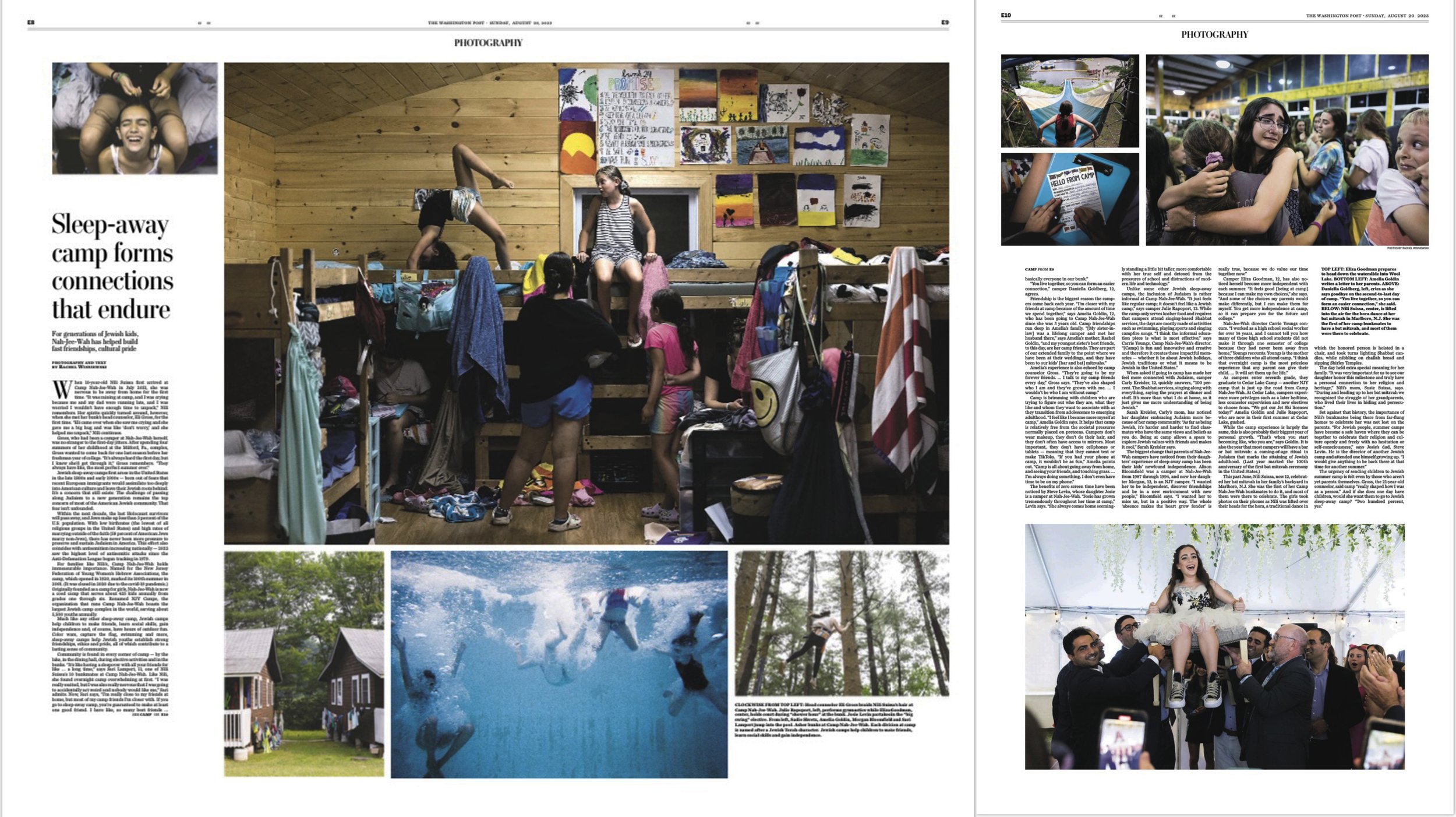Jewish sleep-away camps first arose in the United States in the late 1800s and early 1900s — born out of fears that recent European immigrants would assimilate too deeply into American culture and leave their Jewish roots behind. It’s a concern that still exists: The challenge of passing along Judaism to a new generation remains the top concern of most of the American Jewish community.
That fear isn’t unfounded. Within the next decade, the last Holocaust survivors will pass away, and Jews make up less than 3 percent of the U.S. population. With low birthrates (the lowest of all religious groups in the United States) and high rates of marrying outside of the faith (58 percent of American Jews marry non-Jews), there has never been more pressure to preserve and sustain Judaism in America. This effort also coincides with antisemitism increasing nationally — 2022 saw the highest level of antisemitic attacks since the Anti-Defamation League began tracking in 1979.
Much like any other sleepaway camp, Jewish camps help children to make friends, learn social skills, gain independence and, of course, have hours of outdoor fun. Color wars, capture the flag, swimming and more, sleepaway camps help Jewish youths establish strong friendships, ethics and pride, all of which contribute to a lasting sense of community. Community is found in every corner of camp — by the lake, in the dining hall, during elective activities and in the bunks. “It’s like having a sleepover with all your friends for like … a long time,” says camper Sari Lampert, 11.
“For Jewish people, summer camps have become a safe haven where they can be together to celebrate their religion and culture openly and freely with no hesitation or self-consciousness,” says Steve Levin, camper Josie Levin’s dad. The urgency of sending children to Jewish summer camp is felt even by those who aren’t yet parents themselves. Gross, a 21-year-old counselor, said camp “really shaped how I was as a person.” And if she does one day have children, would she want them to go to Jewish sleepaway camp? “Two hundred percent, yes.”
This work was published by The Washington Post in August 2023, and was supported by the International Women’s Media Foundation’s Lauren Brown Fellowship.
A book of this project is in progress, and will hopefully be released in 2026 (receive updates about the book HERE).

